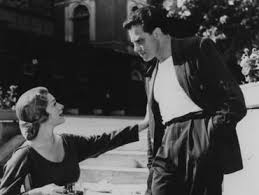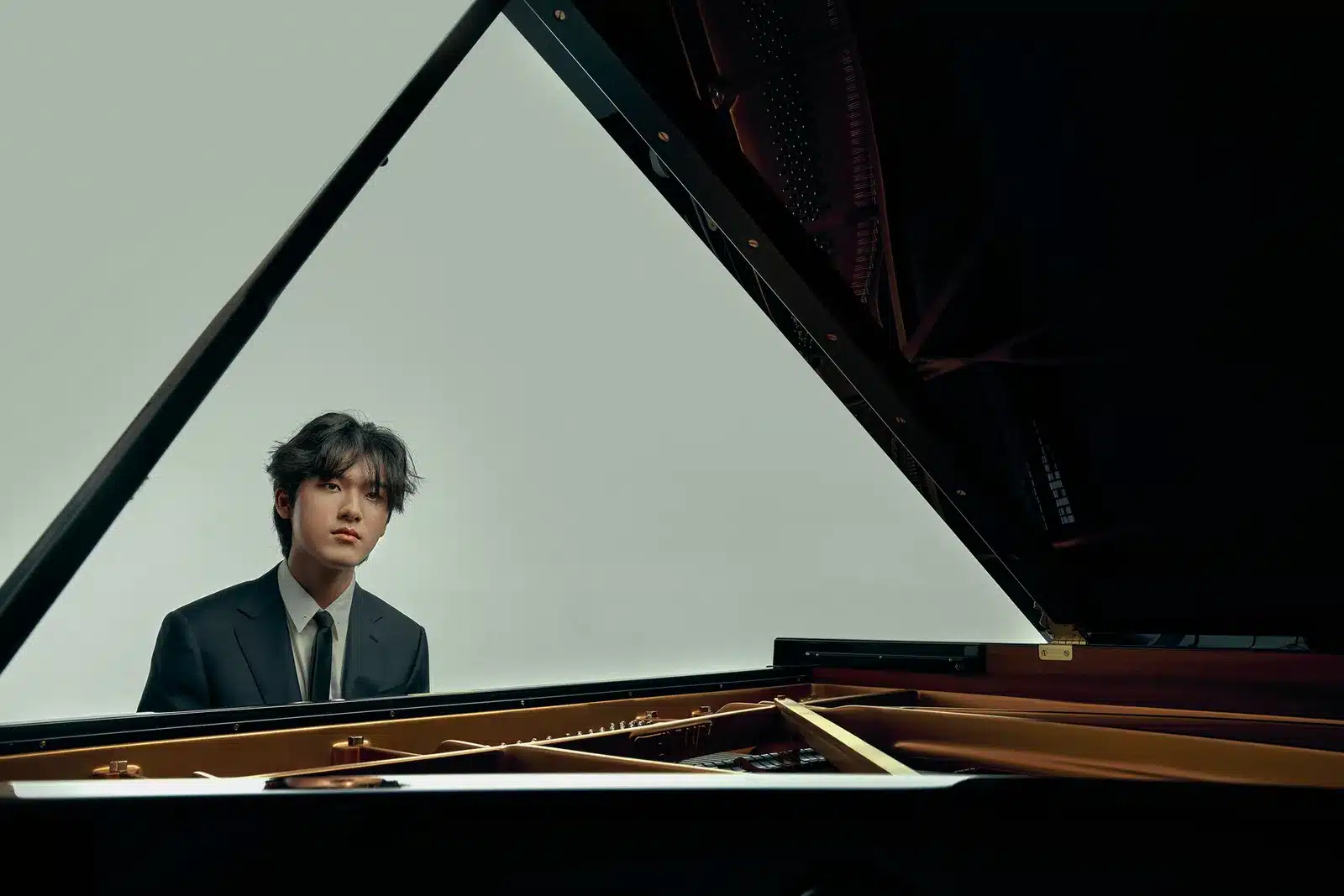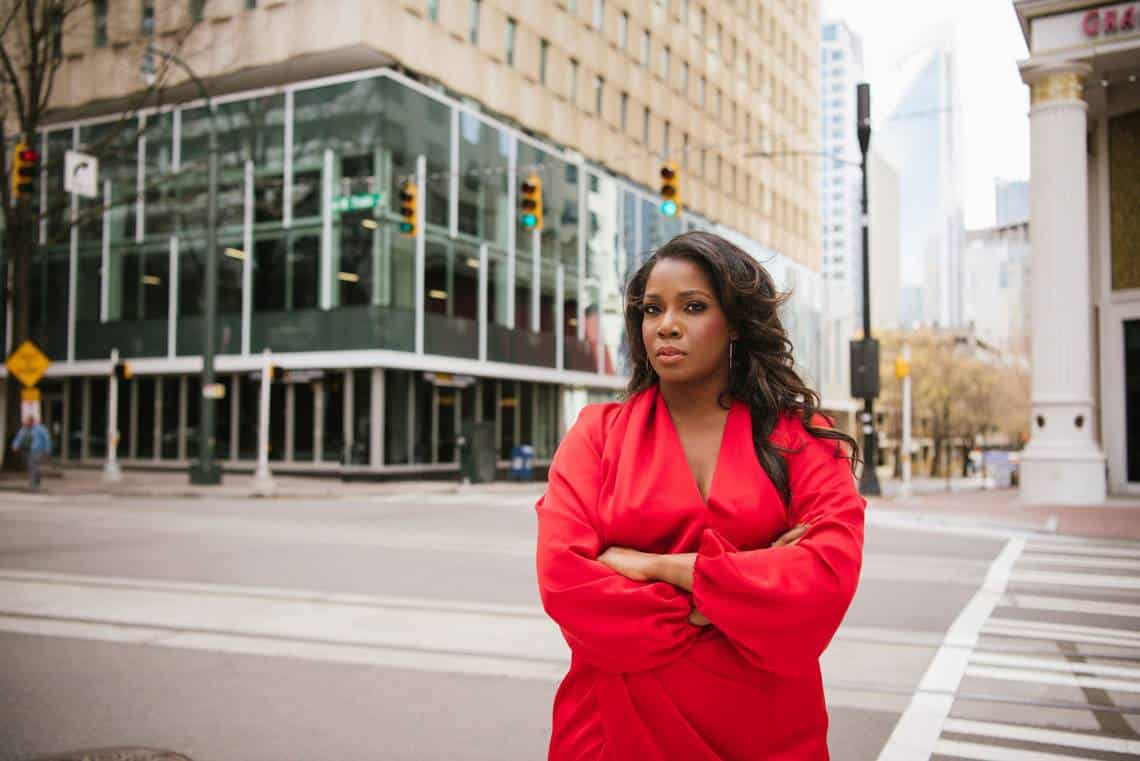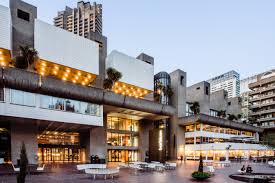The year that London went missing
mainMore fuss should have been made about the centenary of the birth of the great bass-baritone George London, which fell in May. But springtime 2020 was clouded by Covid and few cared to look back to a carefree era of extraordinary singers.
Basia Jaworski has some thoughts here.
London, who died in 1985, had to retire at the early age of 46 after encountering vocal difficulties.






Comments